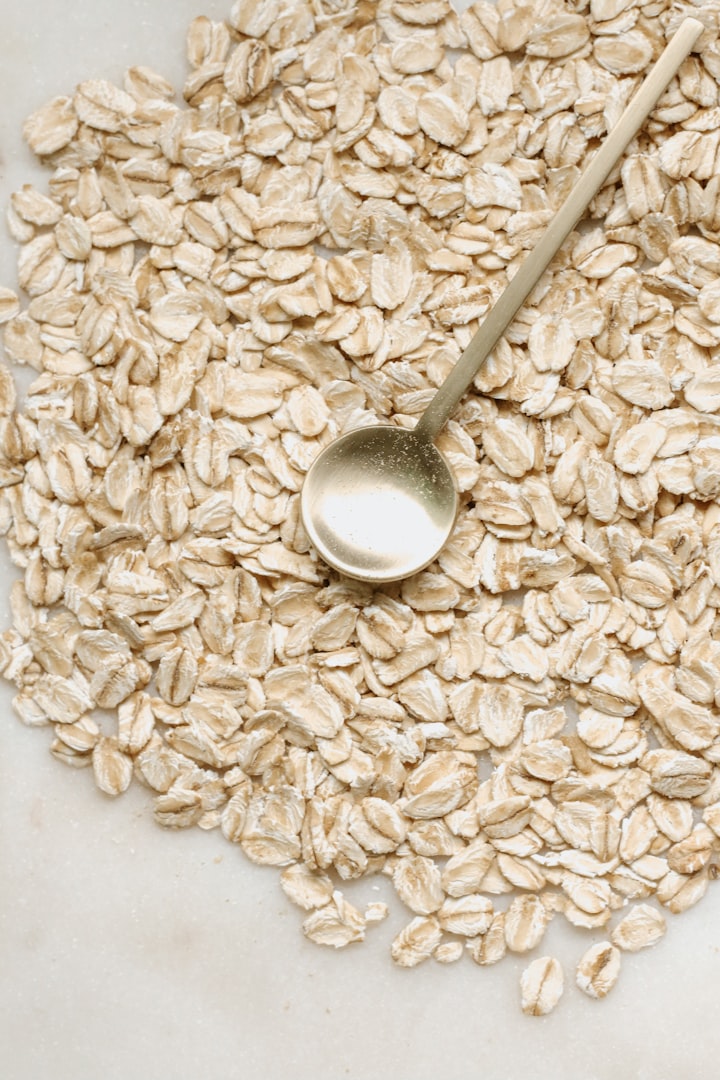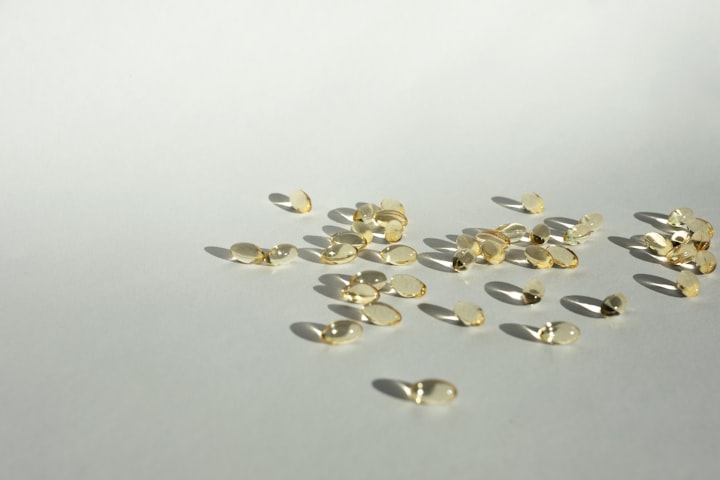Might Want to Think Twice Before Eating Oatmeal
Questioning the Breakfast Staple: Rethinking Oatmeal's Impact on Your Well-being

Introduction:
Oatmeal has long been considered a healthy breakfast choice, touted for its numerous benefits. However, there are some lesser-known aspects of oatmeal that deserve attention. In this article, we will explore three intriguing facts about oatmeal that may change your perspective on this popular breakfast option. While it's not our intention to discourage oatmeal consumption, it's essential to provide additional information that may not be readily available online. Let's delve into these lesser-known truths about oatmeal.
Cholesterol and Blood Sugar Effects:
Several studies have examined the impact of oatmeal on cholesterol and blood sugar levels, and the results are worth noting. It is true that oatmeal shows a significant improvement in these areas when compared to a control group. However, it's crucial to understand the context of these findings. The control group used in these studies often consisted of white bread, a food known to cause spikes in blood sugar levels. Thus, when oatmeal is compared to white bread, the benefits are more pronounced. It's important to note that these studies primarily indicate a reduction in cholesterol and blood glucose levels right after consuming oatmeal, rather than sustained effects throughout the day. While these results are promising, it's advisable to conduct personal blood sugar tests to assess the impact on an individual level. Furthermore, it's worth mentioning that most studies focus on oatmeal itself rather than the sugar-laden instant oatmeal packets available in the market.
Gluten Content:
Oats are commonly believed to be gluten-free; however, they do contain a type of protein called avanin, which can elicit an inflammatory response in the body. This response, known as cytokine production, may not manifest immediately, making it challenging to establish a direct connection between oat consumption and related symptoms. Individuals with conditions such as irritable bowel syndrome, inflammation, or celiac disease might experience worsened symptoms after consuming oats. Gluten, found in various protein forms, is recognized as a primary trigger for autoimmune diseases, including Hashimoto's thyroiditis.
Glyphosate Concerns:
Glyphosate, a weed killer, has raised concerns regarding its presence in oat products. While the FDA has not extensively studied oats for glyphosate content, independent investigations have revealed traces of this chemical in over 95% of oat product samples. Glyphosate, classified as a carcinogen by the World Health Organization, has been linked to Non-Hodgkin's lymphoma. Although some studies claim its safety, it is prudent to consider these findings and exercise caution. Glyphosate is used as a pre-harvest drying agent in non-genetically modified oats and wheat, making organic options preferable to minimize exposure to weed killers.
Conclusion:
While oatmeal is commonly hailed as a healthy and wholesome breakfast option, it's important to delve deeper into some lesser-known aspects that deserve attention. Firstly, it's crucial to understand that studies comparing different types of breakfast foods often present conflicting results. The nutritional value and impact on health can vary depending on factors such as portion size, preparation method, and the accompanying toppings or additives.
One aspect of oatmeal that can be of concern to certain individuals is its potential gluten content. While oats themselves are naturally gluten-free, cross-contamination can occur during processing and packaging. This can be problematic for individuals with celiac disease or gluten sensitivity. It is advisable for such individuals to choose certified gluten-free oats to avoid any adverse reactions.
Another noteworthy consideration is the presence of glyphosate in conventionally grown oats. Glyphosate is a widely used herbicide, and residues of this chemical have been detected in oat products. While the long-term effects of glyphosate on human health are still a subject of debate, some individuals may prefer to opt for organic oats, which are cultivated without the use of synthetic pesticides or herbicides.
To gain a better understanding of how oatmeal specifically affects their health, individuals can conduct personal blood sugar tests. Oatmeal is often touted as a low glycemic index (GI) food, meaning it releases sugar into the bloodstream at a slower rate compared to high GI foods. However, the actual impact on blood sugar levels can vary among individuals. Monitoring one's own response to oatmeal can help determine if it is a suitable choice for maintaining stable blood sugar levels.
Exploring alternative breakfast options is also worth considering. Intermittent fasting, for instance, has gained popularity as an approach to regulating metabolism and promoting weight loss. Skipping breakfast altogether or delaying the first meal of the day may be an option for those who find oatmeal doesn't align with their health goals or preferences. Alternatively, incorporating other protein-rich foods like eggs into the morning routine can provide a different nutrient profile and satiety.
Ultimately, being well-informed empowers individuals to make choices that align with their health goals and dietary needs. Considering factors such as the comparative nature of studies, gluten sensitivity, glyphosate exposure, personal blood sugar responses, and exploring alternative breakfast options allows individuals to make educated decisions about whether oatmeal is the right choice for them. It's important to remember that there is no one-size-fits-all approach to nutrition, and what works for one person may not work for another.
About the Creator
thingsandstuffzy
Writing about things that people should know about because they need to know about things. Isn't this exciting?






Comments
There are no comments for this story
Be the first to respond and start the conversation.